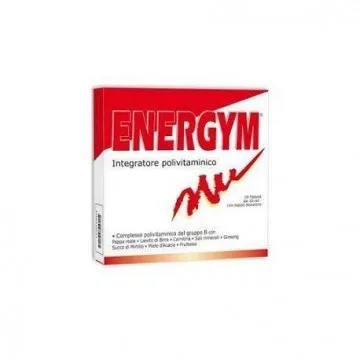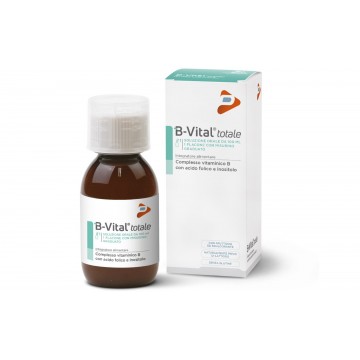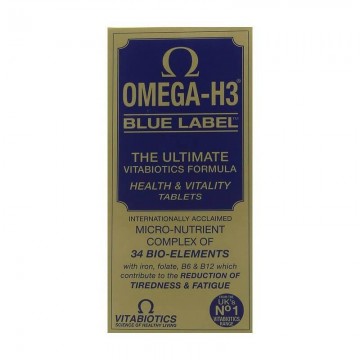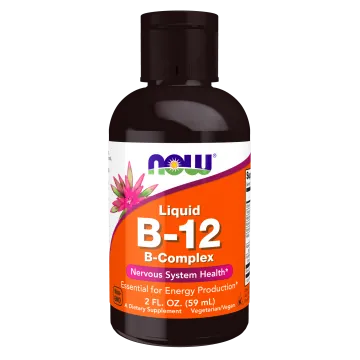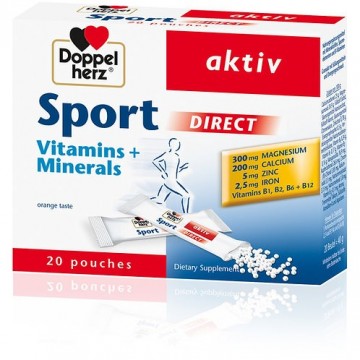Wellteen Him was developed especially for teenagers and young men aged 13-19, offering a wide range of vitamins, minerals, Co-Q10 and plant extracts, Likopen, to meet daily needs.
Vitamin B3 Niacin 500 mg
Niacin (vitamin B3) is essential to the metabolism of carbohydrates, fats and proteins, which contributes to an increased energy production and normal nervous system function.
As a supplement, niacin may help lower cholesterol, ease arthritis and boost brain function, among other benefits.

Cash on Delivery

Free Delivery in Tirana city.

Delivery Anywhere in Albania, only 300 Lekë
What Is Niacin or Vitamin B3?
Niacin is one of the eight B vitamins, and it’s also called vitamin B3.
There are two main chemical forms and each has different effects on your body. Both forms are found in foods as well as supplements.
- Nicotinic acid: As a supplement, nicotinic acid is a form of niacin used to reduce cholesterol levels and lower your risk of heart disease.
- Niacinamide or nicotinamide: Unlike nicotinic acid, niacinamide doesn’t lower cholesterol.
However, it may help treat psoriasis and reduce your risk of non-melanoma skin cancer.
Niacin is water-soluble, so your body doesn’t store it. This also means that your body can excrete excess amounts of the vitamin if it’s not needed.
Your body gets niacin through food but also makes small amounts from the amino acid tryptophan.It may also help regulate cholesterol levels already in normal range and support healthy adrenal gland function.
How Does Niacin Works?
As with all B vitamins, niacin helps convert food into energy by aiding enzymes.
Specifically, niacin is a major component of NAD and NADP, two coenzymes involved in cellular metabolism.
Furthermore, it plays a role in cell signaling and making and repairing DNA, in addition to acting as an antioxidant.
Deficiency
These are some of the symptoms of niacin deficiency:
- Memory loss and mental confusion
- Fatigue
- Depression
- Headache
- Diarrhea
- Skin problems
That said, deficiency is very rare in most Western countries.
Severe niacin deficiency, or pellagra, mostly occurs in developing countries, where diets are not as varied.



 Reviews
Reviews  Add product review you will collect 10 points with our loyalty program. You can convert 10 points in your account into a voucher for a future purchase. Reward points apply only to purchased products.
Add product review you will collect 10 points with our loyalty program. You can convert 10 points in your account into a voucher for a future purchase. Reward points apply only to purchased products.

